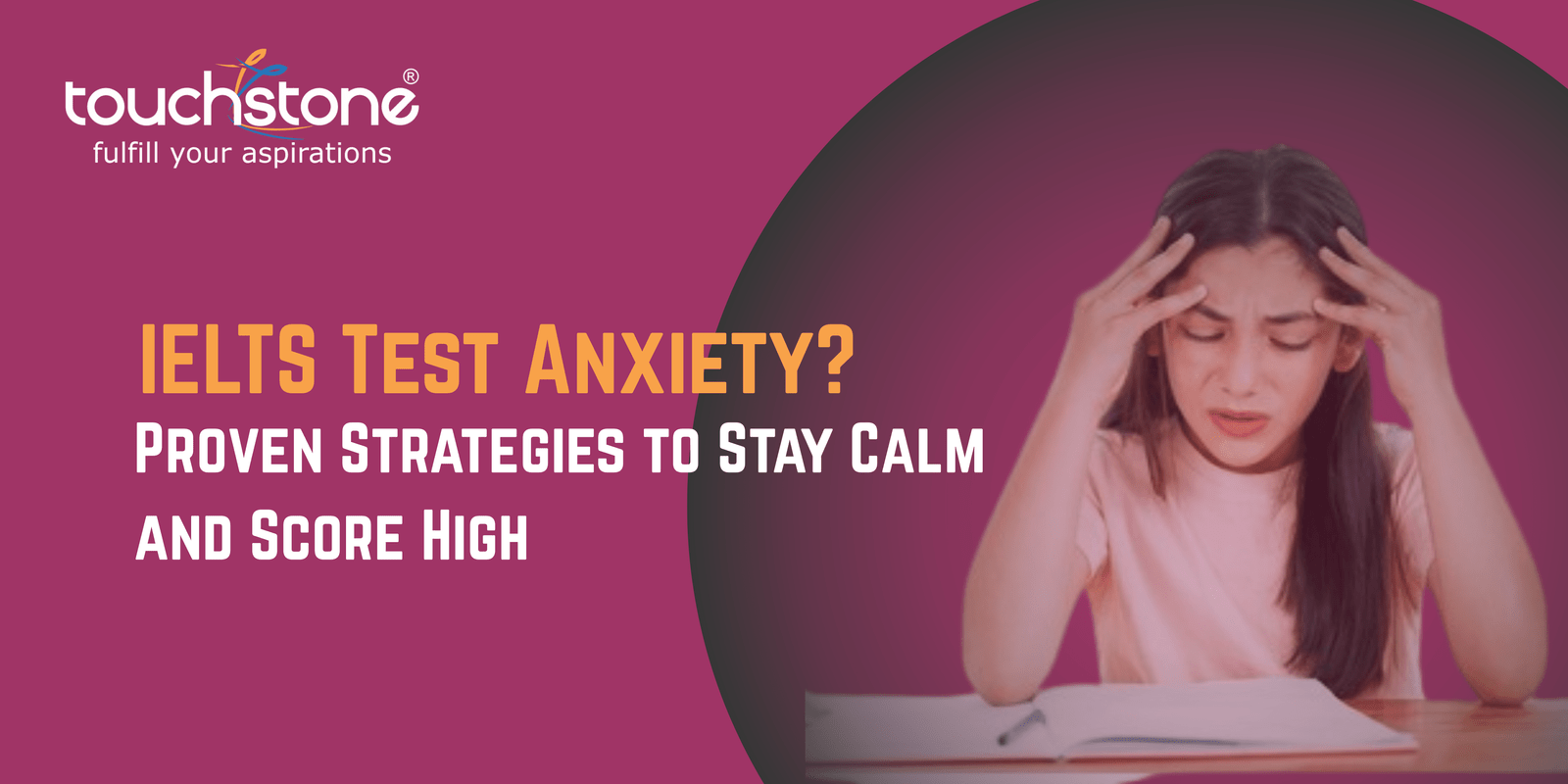Here, we list a few reasons for you to take the IELTS test.
1.Higher educational/professional field
If you want to study or pursue a career abroad, most likely you would be asked to take the IELTS exam. IELTS is of two types – academic and general. As the name suggests, the academic is for the students and general is for those who wish to settle or do business abroad. For both these purposes, achieving the minimum IELTS score is a prerequisite.
2.Training and migration
If you are planning to go abroad for a short duration or migrate for your entire life with your family, you must take IELTS. It will help you to get admission in excellent colleges and training institutions and also be beneficial for gaining the citizenship of the country you want to migrate to.
3.Widely accepted
It is recognized by over 10,000 organizations across 140 countries. Even after you get the PR of any country, IELTS score plays a vital role in your job prospects.
4.Testing English
IELTS tests and improves your English skills to a great extent. So, you must opt for the test to look into your own self and develop. You should also take it to learn better English so that you don’t face any linguistic problems when you go abroad.
5.Availability
Unlike many other tests, IELTS is widely available in almost all the countries in the world. So, it can be easily given in any centre of your choice without any problem.
So, you must really give the IELTS test for self-assessment, better learning and more opportunities to go abroad.
To get professional training and expert guidance on IELTS preparation, visit Touchstone Educationals- the No. 1 IELTS institute in India.








